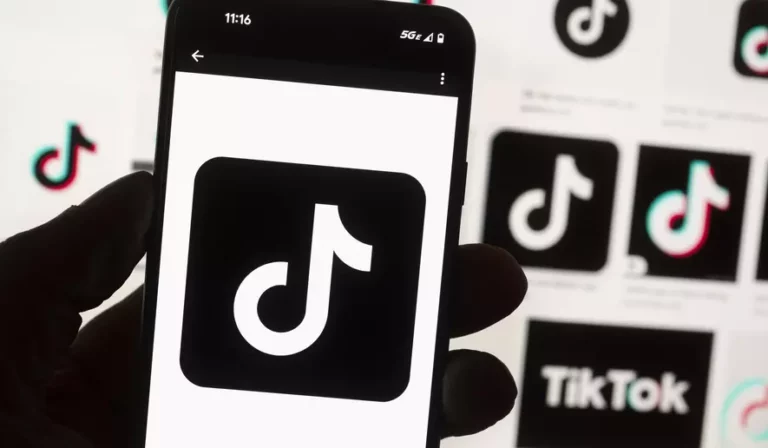The creator economy, a thriving ecosystem fueled by the rise of social media influencers and content creators, has long been bracing for the potential fallout from a TikTok ban. With the recent signing of a bill by President Joe Biden that could force ByteDance to sell TikTok or face a nationwide ban within nine months, the long-anticipated moment has finally arrived.
While the ban could undoubtedly disrupt the landscape for creators who have built massive followings on the short-form video platform, founder reactions within the creator economy startup space reveal a surprising nonchalance. “Two years ago, this would have been devastating,” remarks Eric Wei, co-founder and co-CEO of Karat Financial, a Series B startup providing financial services to creators. “Now… eh.”
The creators themselves have been proactively preparing for this eventuality by diversifying their presence across multiple platforms. As Harry Gestetner, co-founder and CEO of creator monetization platform Fanfix, notes, “Creators are aware — this is not new.” Indeed, the writing has been on the wall for some time, prompting creators to establish footprints on platforms like YouTube Shorts, Instagram Reels, and Snapchat.
Diversification extends beyond just platforms, as creators have increasingly sought to generate income from various sources, including fan memberships, product sales, live performances, and online courses. “Every creator has a minimum of three, and up to five, six or seven platforms they use,” Gestetner observes, underscoring the multi-pronged approach adopted by savvy creators.
While established creators have had ample time to adjust their strategies, the impending ban could prove particularly challenging for newcomers who have yet to build a substantial following beyond TikTok. Additionally, certain creator segments, such as livestreamers and those relying on TikTok Shop, may face more significant disruptions due to the lack of comparable features on alternative platforms.
Wei argues, suggesting that the ban could open up new opportunities for creator economy startups to position their services as essential tools for navigating the post-TikTok landscape
“If you build products in startups that help creators make money, then actually, from an addressable market point of view, this is good for you,” Wei argues, suggesting that the ban could open up new opportunities for creator economy startups to position their services as essential tools for navigating the post-TikTok landscape.
As the creator economy continues to evolve, the resilience demonstrated by creators and startups in the face of the TikTok ban underscores the industry’s adaptability. While the transition may not be seamless, the diversification strategies already in place position creators to weather the storm and potentially emerge stronger on the other side, embracing a more balanced and sustainable ecosystem of platforms and revenue streams.



